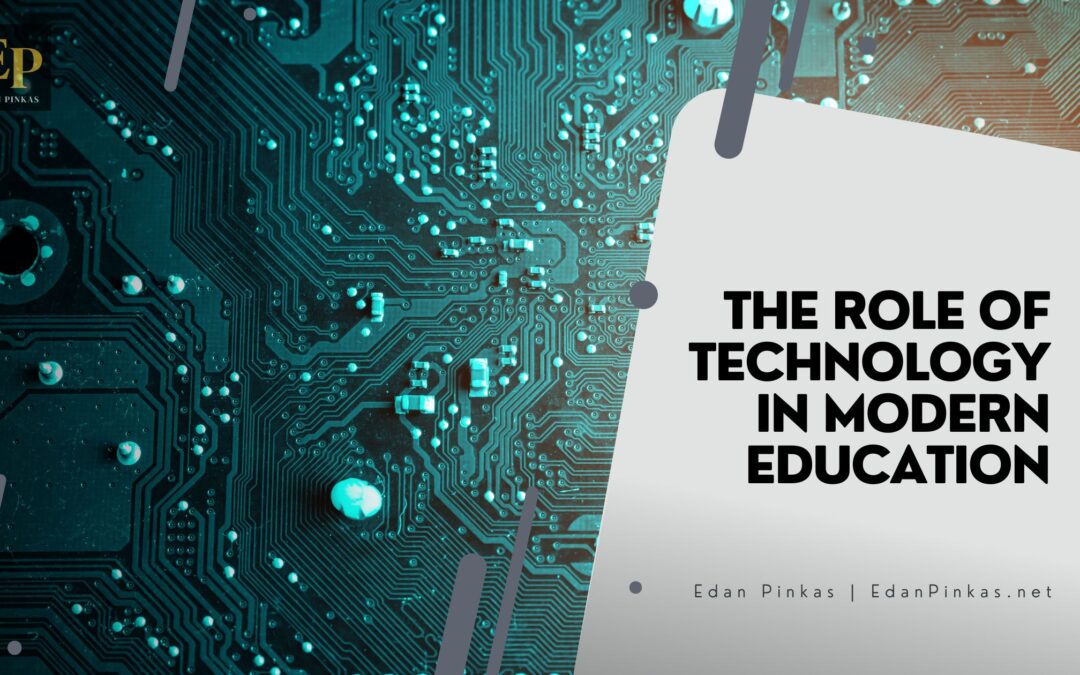Technology has transformed the way we teach and learn, making education more accessible and engaging. However, it also presents unique challenges that educators must navigate.
- Accessibility and Inclusivity
Digital tools enable students from diverse backgrounds to access quality education. Online resources, virtual classrooms, and e-learning platforms make education available to those in remote or underserved areas.
- Personalized Learning
Adaptive learning technologies tailor educational content to individual students’ needs and pace. This approach ensures that every learner gets the support they require to succeed.
- Enhancing Engagement
Interactive tools like gamified lessons, virtual reality, and multimedia content make learning more engaging. Students are more likely to retain information when they actively participate in the process.
- Challenges of Digital Learning
Despite its benefits, technology can widen the digital divide if access to devices and the internet is unequal. Additionally, excessive screen time and lack of personal interaction can affect students’ mental health and social skills.
Balancing technology’s advantages with its limitations is key to creating effective and equitable education systems.

